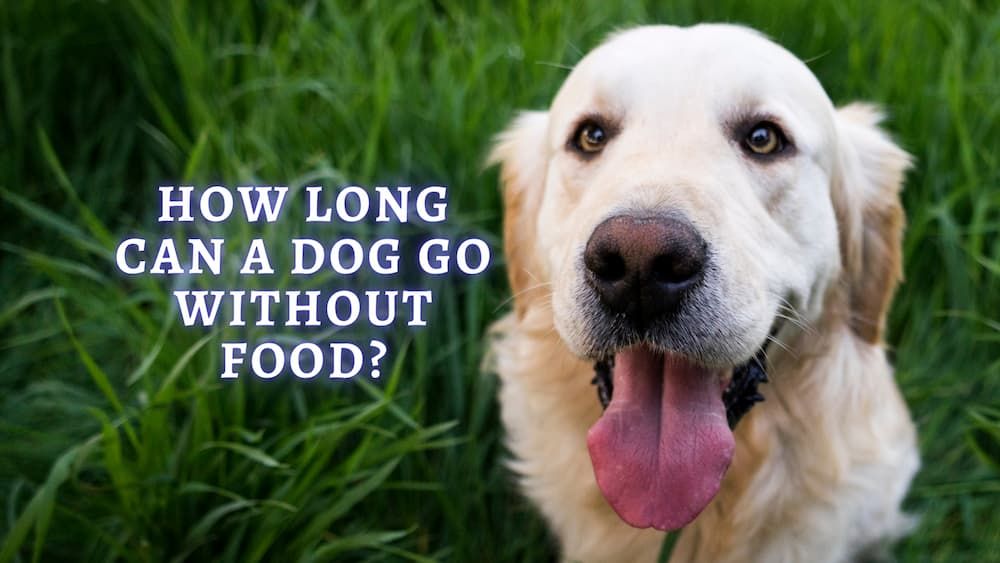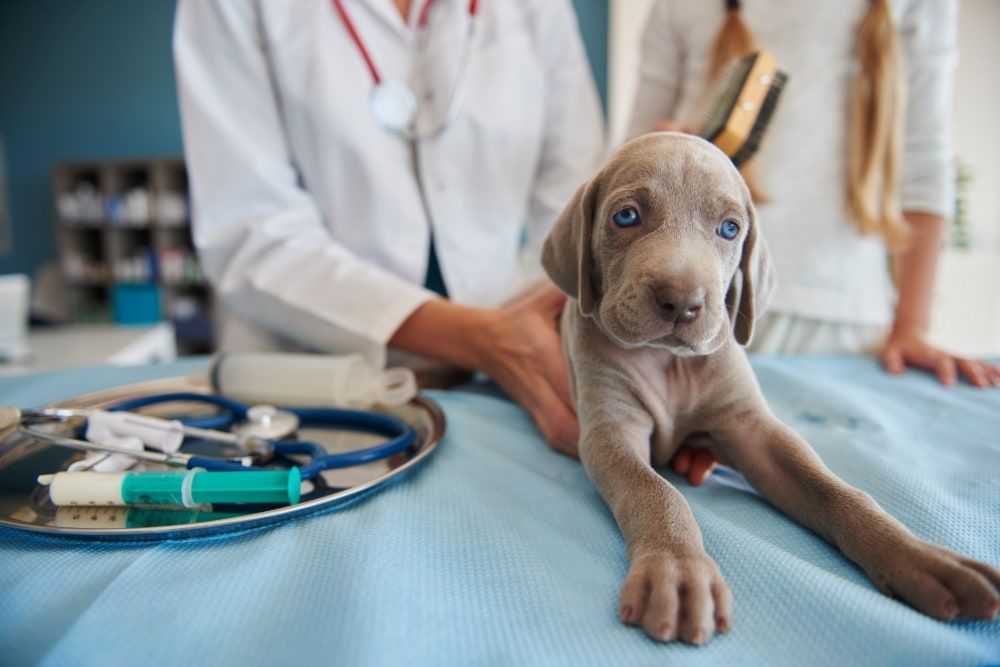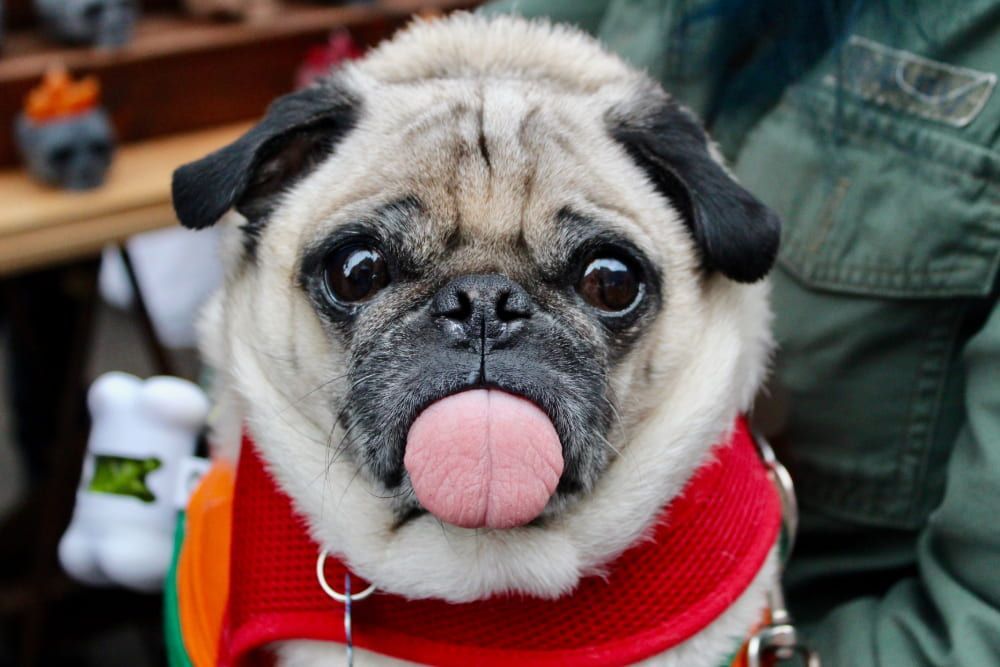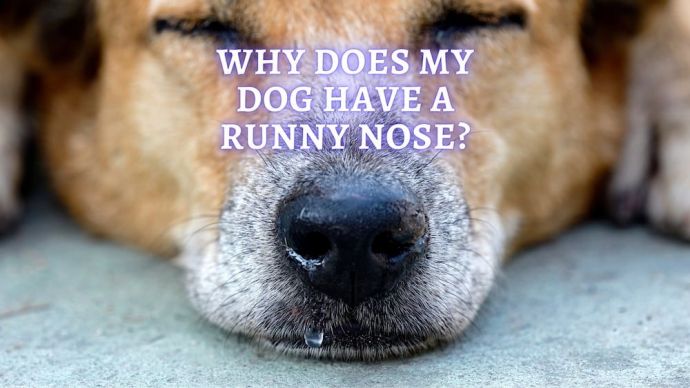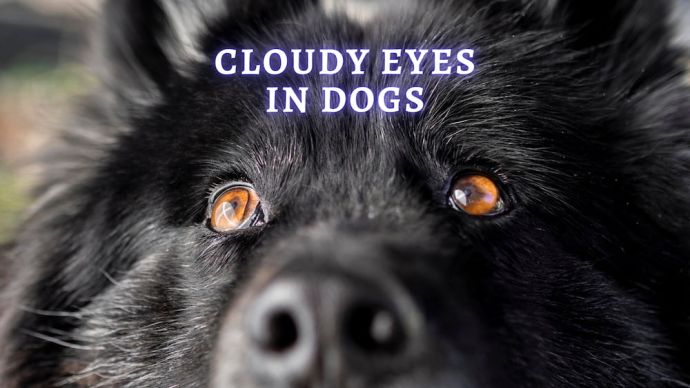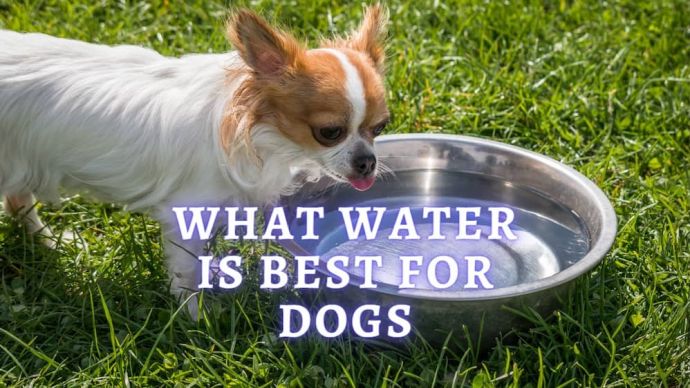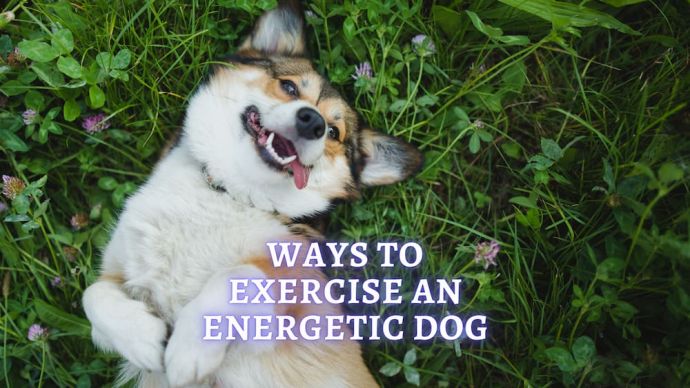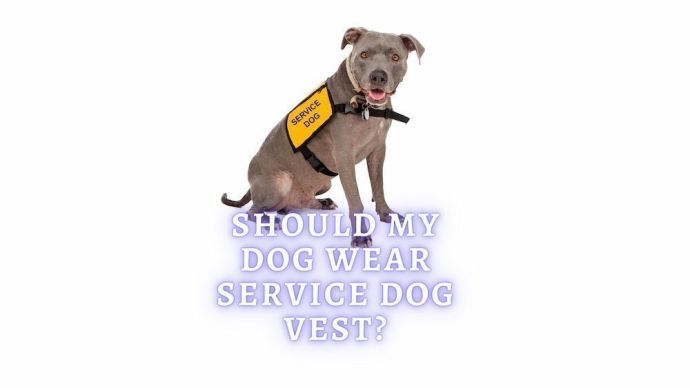How Long Can a Dog Go Without Eating?
Written by:
Author: Carol Young
Carol has worked in specialty, emergency, mixed animal and general veterinary practices, and enjoys all aspects of veterinary medicine. Her special areas of interest include anesthesia, critical care, emergency, dentistry, internal medicine and small animal nutrition.
View all 62 articlesLearn about our editorial process and veterinary review board.
Viewed: 6288
Updated on: 12/14/2022
If you are a dog owner, there may be times when your best friend doesn’t feel like eating or will refuse to eat anything. It’s probably an obvious assertion that when your fur baby doesn’t feel like eating, it means something is wrong, or there may be a health-related problem.
There are many reasons why a dog may not want to eat, and owners might wonder how long their pooch can go without eating, and when to call the veterinarian. Typically, dogs can go three to five days without food (provided they have access to water), but if your pet has gone more than two days without eating it’s recommended that you call your veterinarian right away.
Reasons Why Your Dog Won’t Eat
There are various reasons why your pooch might not eat, ranging from medical to behavioral, and several are listed below:
Medical Conditions
1. Dental
Your pet may not want to eat because something in the mouth is causing pain, such as a loose tooth, severe gingivitis or gum disease, a foreign body, or even an oral tumor. Contact your veterinarian if you notice that your best friend is drooling more often or seems painful when trying to eat. A complete oral exam can rule out any dental issues.[1]
2. GI Issues
Dogs who suffer from gastrointestinal (GI) issues such as irritable bowel syndrome (IBD) or other stomach-related problems may not feel like eating from time to time and may pick at their food, or skip a meal or two. These dogs may benefit from a specialized diet that encourages nutrient absorption in the gut, and your veterinarian can recommend several diets that are specially formulated for canines with GI conditions.
3. Illness
A decreased appetite is often a sign of sickness, especially if your family friend is exhibiting other symptoms at the same time. Although a loss of appetite in dogs doesn’t necessarily indicate serious disease, prompt veterinary attention is important because if your pet isn’t eating, it could be a sign of illness, such as cancer, infection, kidney failure, pancreatitis, or metabolic disease. Just like humans, dogs often lose their appetites when they’re ill and don’t feel good.
4. Recent vaccination
As with humans, dogs can sometimes feel a little lethargic, and down after vaccination, and they may not feel like eating. However, most vaccination side effects subside after 24 hours, and if your pet still isn’t eating, then contact your veterinarian.
5. Recovering from a Surgery
Many dogs don’t feel like eating after surgery, and in some cases, this is due to the anesthetic medications that can upset the stomach, diarrhea, and constipation. If your dog has undergone any type of surgery, her appetite should return within 24 hours, and if not, contact your veterinarian.
6. Medications
If your pet is on medication, this might be the reason for a decreased appetite. Some common medications, such as non-steroidal (NSAIDS) medications prescribed for arthritis, can cause GI upset and inappetence and loose stools.
READ MORE: The Best Joint Supplements for Dogs (Review)
7. Female Dog in Heat
If you have an intact female, you may notice that her appetite may wane now and then, and this is caused by varying hormone levels. It’s important to consult your veterinarian regarding nutrition for female dogs as they have higher energy needs than spayed ones.
READ MORE: Can Adult Dog Eat Puppy Food?
Other Conditions
1. Stress
Dogs who are stressed or sensitive to changes in the environment, such as after a move or travel, may not want to eat. You can try introducing palatable foods to encourage your pup to eat, or warming up some soft food to make it smell enticing. However, if you think that your pup is stressed, contact your veterinarian. Your veterinarian can recommend anti-anxiety medications and appetite stimulants as well.
2. Anxiety
Dogs can become stressed and may not want to eat. Pups who suffer from anxiety can also experience changes in eating habits. Again, trying to offer a tasty well-balanced diet can help, as can anti-anxiety medications.[2] [3]
3. Depression
Just like humans, pets can become depressed, especially after the loss of a loved one or a litter-mate. They may act a bit lethargic, and just not feel like eating. If your family friend is mourning the loss of a loved one, try to offer some extra attention, and if this doesn’t work, contact your veterinarian. Your veterinarian may prescribe an appetite stimulant or an antidepressant.
4. Picky Eater
Some dogs are just picky, and their reluctance to eat may be caused by the environment, such as being around an aggressive dog, in a noisy room, or a strange, new place. As owner, you know your pet best, and if you think that your fur-baby is a naturally picky eater, you may want to contact your veterinarian for recommendations. Some dogs prefer certain kinds of food textures, flavors, and smells, and sometimes they can get bored with eating the same thing every day. It’s not recommended varying the diet too much as it can cause stomach and GI upset, so you may want to check with your veterinarian first, before exploring a different diet for your pup. [4]
5. Travel or Change in Environment
If your dog’s appetite was fine until you went on a trip with them or moved to a new location, it may be that your pup won’t eat because of traveling or the unfamiliar surroundings. Some animals may get car-sick, and others become nervous or uncomfortable in new places. It may take a day or two after a move for your pet to settle in and start eating again. Also, some pups are sensitive to new additions to the household, such as a new pet or a baby, and this may also cause a temporary loss of appetite.
6. Table Scraps
If your dog is only refusing certain foods, that’s a good sign there’s nothing seriously wrong, and picky eating tends to occur more often in pets who’ve been fed a wide variety of foods, or who often get table scraps.
7. Spoiled Food
You canine might not be eating because there might be something wrong with the food. If the dog suddenly stops to eat a brand of food they’ve been on for a long time, check that the food hasn’t spoiled, and always be on the lookout for food recalls. You try purchasing a new bag or can or the normal food, and see if he will eat it, and you could always check to see if the ingredients have changed.
READ MORE: The Best Dry Puppy Food (Review)
When to Visit the Veterinarian
If you have tried everything under the sun to get your pet to eat, and just haven’t had any luck, contact your veterinarian immediately, especially if it’s been more than two days. Also, if your pooch exhibits any of the following symptoms, you should contact your veterinarian as soon as possible.
- Vomiting.
- Lethargy.
- Diarrhea.
- Weight loss.
- Gagging, wheezing, or coughing.
When making an appointment with your veterinarian, make a note of several things:
- How long has it been since your dog stopped eating?
- Is your dog drinking water?
- Any other symptoms such as vomiting, diarrhea, or lethargy?
What if My Dog is Healthy, But Still not Eating
If you have seen the veterinarian, and there is no medical reason for the inappetence, and he is healthy, try the following tips to get your pup to eat.
- Cut back on treats and table scraps. Dogs who fill up on in-between meal snacks may feel too full to eat a regular meal.
- Exercise your pet before mealtime. Just as with humans, fresh air and exercise can stimulate an appetite.
- Feeding your pet on a regular schedule, at least twice daily. This way your dog will get used to a regular feeding routine.
- Try to make mealtimes fun and entertaining, such as investing in a toy that dispenses food, or have your pup complete a task and reward him with a treat.
- Experiment with feeding environment. For example, if you have other pets, feed your finicky eater in another room, or separate from the rest of the pack. Or if your pet has neck issues, try elevating the feeding and drinking bowls to make him more comfortable.
- With your veterinarian’s OK, try feeding a different kind of food, such as canned food if you usually feed your pooch dry food.
- Warm up the food. Try warming up food in the microwave. This will release aromas that your pet may not be able to resist.
- Offer frequent small meals. Offering smaller meals more frequently might help as well, but be sure to remove any leftovers if your pet hasn’t eaten within 15 minutes or so.
- Add a bit of warm water or no-sodium broth to the kibble to make it more tasty and appealing.
- Offer a bland diet. If your dog is off his food, try offering a home-cooked bland diet, such as boiled chicken and rice, making for a tasty and easily digestible diet.
READ MORE: Best Dog Vitamins Chosen by Vet
As a rule, dogs love eating, so sometimes, a decrease in appetite is the first sign of a larger problem. If you’ve noticed a change in your dog’s eating habits lately, the good news is that it doesn’t always have to be a cause for major concern. There are several reasons your furry family member might be neglecting his food bowl, and not all of them indicate a health issue. And as always, if you have any questions or concerns, contact your veterinarian. Your veterinarian is your best resource for pet-related issues.
FAQs
How long can a dog go without eating before it dies?
The thought of a pet passing away from not eating is horrific, but most dogs that are not sick, or suffering from a medical condition can survive for three to five days without eating. However, this depends on whether the animal has access to water, which is essential. Pets that are ill, underweight, very young, or elderly might not survive without eating for a day or two and will need immediate medical attention.
What happens if a dog doesn’t eat for 3 days?
A healthy dog can go up to five days without eating, however, daily water consumption is essential. They can survive approximately 2-3 days without water, but this can be life-threatening because when a dog is dehydrated it affects all body systems, and cause the kidneys and other organs to fail. If your otherwise healthy dog has not eaten for three days, contact your veterinarian as soon as possible. It may be a sign of a serious medical problem, such as exposure to a toxin or a GI obstruction.
Will a dog starve itself to death?
Healthy canines will rarely miss a meal, however, dogs that are ill or who suffer from medical conditions such as cancer, pancreatitis, or renal disease will stop eating, and it can be a challenge to get these pets to eat. Unfortunately, many dogs who are seriously ill will just stop eating, and in these cases immediately contact your veterinarian. Your veterinarian can make recommendations depending on the condition.
What to feed a sick dog that will not eat?
If your dog is suffering from an illness, and you have made an appointment with your veterinarian to determine the cause of your pooch inappetence, and your veterinarian has given you the OK to try to get your dog to eat at home, there are some tips. Try warming up some canned food; heating canned food releases the aromas, and this may entice your dog to eat. Try to add flavor to food, such as a bit of non-sodium broth, or a scrambled egg or two.
Article Sources:
- Harvey, Colin E. “Periodontal Disease in Dogs: Etiopathogenesis, Prevalence, and Significance.” Science Direct, sciencedirect.com/science/article/abs/pii/S0195561698501052.
- Denenberg, Sagi, et al. “Canine and Feline Dementia: Behavioural and Medical Differentials of Cognitive Decline and Dementia in Dogs and Cats.” Springer Link, link.springer.com/chapter/10.1007/978-3-319-53219-6_2.
- Schwartz, Stefanie. “Separation Anxiety Syndrome in Dogs and Cats.” AVMA, avmajournals.avma.org/doi/abs/10.2460/javma.2003.222.1526.
- Williams, Krista. “My Dog Won’t Eat: Feeding Picky Eaters.” VCA Animal Hospitals, vcahospitals.com/know-your-pet/feeding-canine-picky-eaters.
 Dog Care Dog Stung By Bee: What To Do If Your Dog Gets Stung By A Bee? (Vet Approved Advice)
Dog Care Dog Stung By Bee: What To Do If Your Dog Gets Stung By A Bee? (Vet Approved Advice) - 94
- 0
 Dog Care Do Dogs Get Tired of Barking? 10 Common Reasons for Dog Barking and How to Stop It
Dog Care Do Dogs Get Tired of Barking? 10 Common Reasons for Dog Barking and How to Stop It - 319
- 0
 Dog Veterinary Tips Why is my Dog throwing up: Causes and Preventing (Veterinary Advice)
Dog Veterinary Tips Why is my Dog throwing up: Causes and Preventing (Veterinary Advice) - 23424
- 5
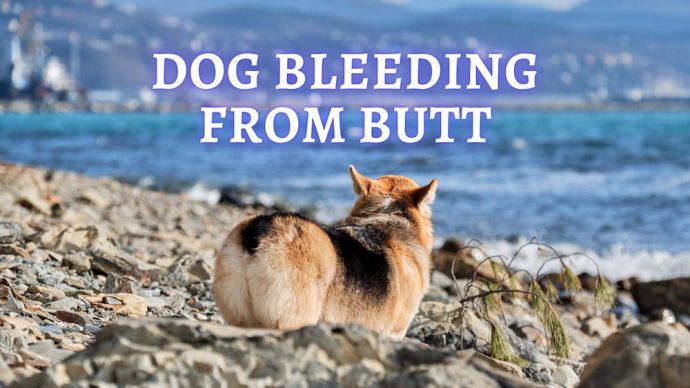 Dog Care Why Is My Dog Bleeding From Its Butt? Causes and treatment of rectal bleeding in the dog
Dog Care Why Is My Dog Bleeding From Its Butt? Causes and treatment of rectal bleeding in the dog - 22074
- 0
 Dog Care My Dog Keeps Scratching His Mouth: Reasons Why Your Dog Scratching Face
Dog Care My Dog Keeps Scratching His Mouth: Reasons Why Your Dog Scratching Face - 17560
- 1









